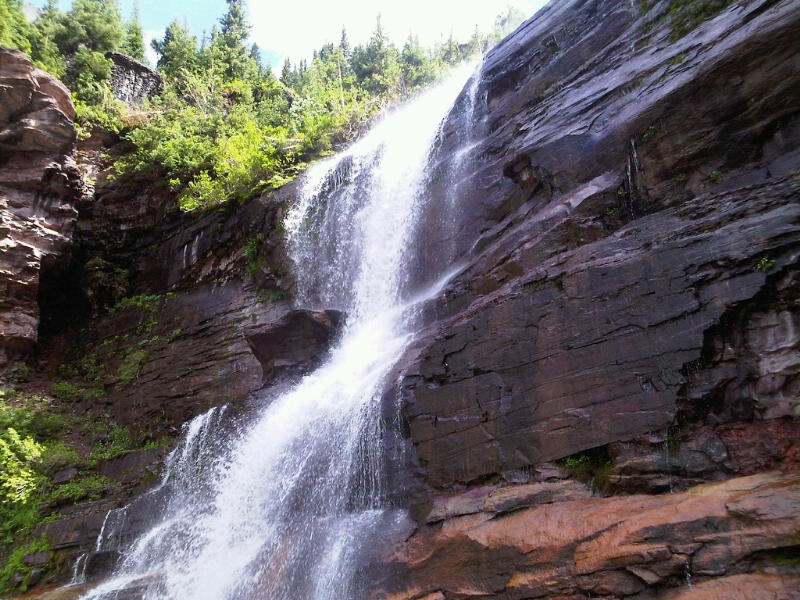 American in Hiding, a bracing new play by Tracy Shaffer, will be presented as part of the 2011 Telluride Playwrights Festival “American in Hiding”, says Shaffer “is the story of an America family, taking refuge with friends in Amsterdam after Thom slips on the soapbox of his professorial profession. Unable to contain his ego, he sets himself up in Dam Square, ranting the hypocrisies of his homeland and how far she’s come from the Utopian dreams of her Founding Fathers, without realizing that his actions dictate a risky future.”
American in Hiding, a bracing new play by Tracy Shaffer, will be presented as part of the 2011 Telluride Playwrights Festival “American in Hiding”, says Shaffer “is the story of an America family, taking refuge with friends in Amsterdam after Thom slips on the soapbox of his professorial profession. Unable to contain his ego, he sets himself up in Dam Square, ranting the hypocrisies of his homeland and how far she’s come from the Utopian dreams of her Founding Fathers, without realizing that his actions dictate a risky future.”
This year marks a departure for the Festival. Rather than soliciting submissions from a national pool of writers, Festival Director, Jennie Franks shifts her focus to ‘growing local’, nurturing the talents of Rocky Mountain writers and dipping into the Denver talent pool for her lead actors. TPF will mix it up a bit this year: Ms Shaffer’s script receives a week of rehearsals & revisions with a public staged reading at week’s end with audience feedback. Acclaimed playwrights, Judy GeBauer, Ellen K Graham and Gary Leon Hill (who joins after a week at the Seven Devils Playwrights Conference) work their scripts in open workshop (public welcome), salon readings and read excerpts in the evening Play Slam at the Steaming Bean. The Telluride Playwrights Festival will become a producing/presenting entity this season as it brings a fully staged production of William Missouri Downs’ “Forgiving John Lennon” into town from the University of Wyoming where Downs is a professor. Telluride Playwrights Festival takes place July 12-18.
Telluride Inside writer, Susan Viebrock, described it this way.
The Telluride Playwright Festival operates like grow dome for fruits and veggies: brand new plays are watered and tended in a safe environment. After they grow and flourish, they are sent out into the world to be enjoyed. Larimore’s “Out of Askja” is one of a number of fine plays that were transplanted from Telluride to fertile soil around the country. Tracy Shaffer’s (W)Hole, also a Playwright Festival alum from 2008, received raves from The Denver Post critic and other rags when it was produced this past fall at Denver’s Paragon Theatre. Next spring, James Still’s play “Love Me Some Amnesia,” one of Playwright Festival’s picks for a 2010 staged reading is scheduled to be produced in Chicago at the American Blues Theatre. And so on.



